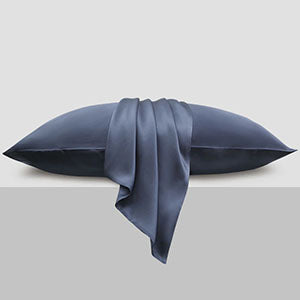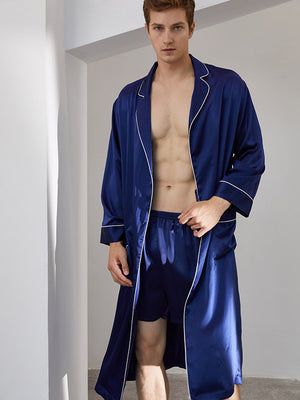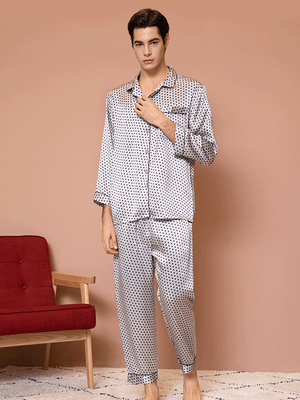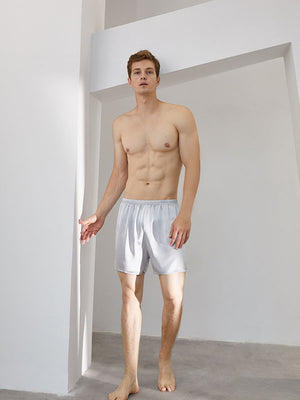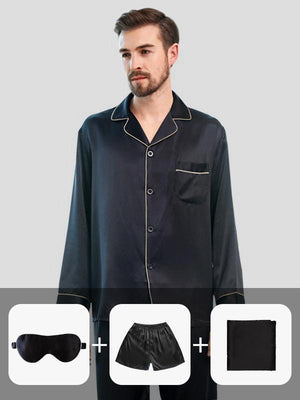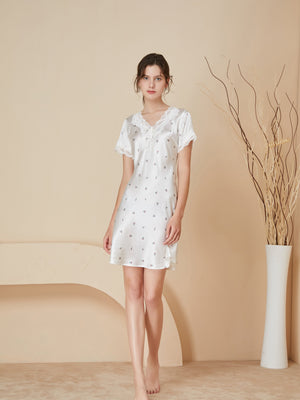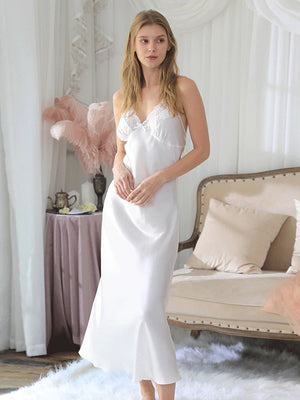Draped Silk Dress: The Timeless Elegance of Flowing Luxury
- par {{ author }} wangfred
-

Imagine a garment that whispers elegance with every movement, its fabric cascading like liquid moonlight. The draped silk dress has captivated wearers for centuries, blending artistry with wearability. Its ability to transcend trends while adapting to contemporary tastes makes it a wardrobe cornerstone for those who value both luxury and practicality.
A Journey Through Time
The story of draped garments begins in ancient civilizations where flowing silhouettes symbolized status and grace. Archaeological evidence reveals intricate draping techniques in Egyptian linen garments dating back to 3000 BCE. The classical Greek chiton and Roman stola demonstrated how strategic folding could create flattering shapes without complex tailoring.
Silk entered the narrative via the Silk Road, revolutionizing textile art with its luminous quality. Chinese weavers perfected silk production, while Italian artisans later developed innovative dying techniques. The marriage of silk with draping created garments that celebrated the human form through strategic gathers and folds rather than restrictive structuring.
The Anatomy of Elegance
What distinguishes a draped silk dress lies in its construction philosophy. Unlike pattern-cut garments, these designs emphasize:
- Bias cutting that follows body contours
- Strategic gathering that creates organic volume
- Asymmetric hemlines that enhance movement
The magic unfolds through precise fabric manipulation. A single piece of silk can transform into multiple necklines through clever knotting, while hidden pleats create shape without bulk. This technical complexity often goes unnoticed, as the final result appears effortlessly fluid.
Modern Interpretations
Contemporary designers reimagine this classic through innovative approaches:
- Convertible designs offering multiple wearing styles
- Hybrid fabrics blending silk with stretch fibers
- Architectural draping that plays with negative space
These innovations address modern needs for versatility while maintaining the essential character of fluid movement. The current market sees particular interest in adjustable waistlines and convertible sleeves that transition pieces from day to evening wear.
Styling Alchemy
Mastering the art of wearing a draped silk dress involves balancing its inherent drama. Consider these pairings:
| Occasion | Accessories | Footwear |
|---|---|---|
| Cocktail Party | Metallic Clutch | Stiletto Sandals |
| Beach Wedding | Wide-Brim Hat | Flat Embellished Sandals |
| Office Meeting | Structured Blazer | Block-Heel Ankle Boots |
Layering techniques unlock seasonal versatility. Try pairing with turtlenecks in winter or lightweight kimonos during summer evenings. The key lies in maintaining the dress’s fluid lines while adding practical elements.
Preservation Secrets
Caring for silk requires understanding its delicate nature:
- Hand wash in cold water with pH-neutral detergent
- Dry flat on mesh surfaces to prevent stretching
- Store hanging in breathable garment bags
Addressing wrinkles demands a steamer rather than an iron. For persistent creases, hang the dress in a steamy bathroom to let the heat work gently on the fibers. Proper maintenance ensures the drape retains its liquid-like quality through years of wear.
As fashion cycles accelerate, the draped silk dress remains steadfast - an heirloom piece that outlasts seasonal whims. Its power lies in what it represents: the intersection of human creativity and natural beauty, fabric that honors both the body it adorns and the craftsmanship that shaped it. Those who embrace this garment don’t simply wear a dress - they inhabit a legacy of artistry that flows as freely as the silk itself.
